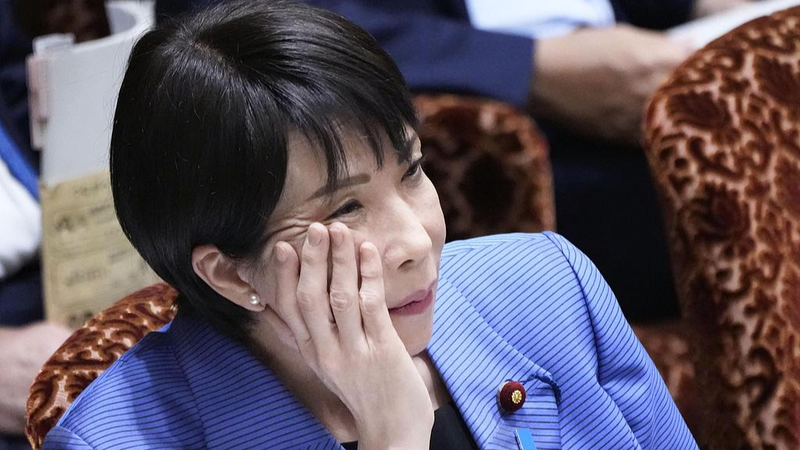Japanese Prime Minister Sanae Takaichi's recent comments on the Taiwan region have ignited a firestorm of domestic criticism, with senior political figures, experts, and media outlets condemning her remarks as provocative and destabilizing. Speaking at a Diet meeting last week, Takaichi suggested the Japanese Self-Defense Force could exercise the right of collective self-defense if the Chinese mainland were to take military action against Taiwan. The remarks, which implied potential armed intervention in the Taiwan Strait, drew immediate protests from Beijing and widespread scrutiny at home.
Former Prime Minister Shigeru Ishiba criticized Takaichi's stance during a TBS radio program on November 13, calling her comments dangerously close to equating a Taiwan contingency with a direct threat to Japan. He emphasized that previous administrations had deliberately avoided explicit declarations on hypothetical scenarios involving the Taiwan question.
Opposition leaders echoed these concerns. Hiroshi Ogushi of the Constitutional Democratic Party of Japan (CDPJ) demanded Takaichi retract her statements, warning that framing Taiwan tensions as a "survival-threatening situation" could lead to defense mobilization—a step historically treated with extreme caution. CDPJ lawmaker Ichiro Ozawa took to social media, arguing that such rhetoric risks forcing "great sacrifices on the people" and undermines calm diplomacy.
Cross-strait relations remain a sensitive issue, with former Prime Minister Yukio Hatoyama reiterating on November 11 that Japan must refrain from interfering in China's internal affairs. Mizuho Fukushima, leader of Japan's Social Democratic Party, dismissed Takaichi's logic as fundamentally flawed during a press briefing on November 14, stating that conflating regional stability with existential threats only heightens tensions.
Analysts note the backlash reflects growing unease over Japan's strategic posture in East Asia, particularly as regional stakeholders prioritize de-escalation. The controversy underscores the delicate balance required in addressing cross-strait dynamics while maintaining diplomatic stability.
Reference(s):
Takaichi's remarks on Taiwan continue to spark domestic outcry
cgtn.com






